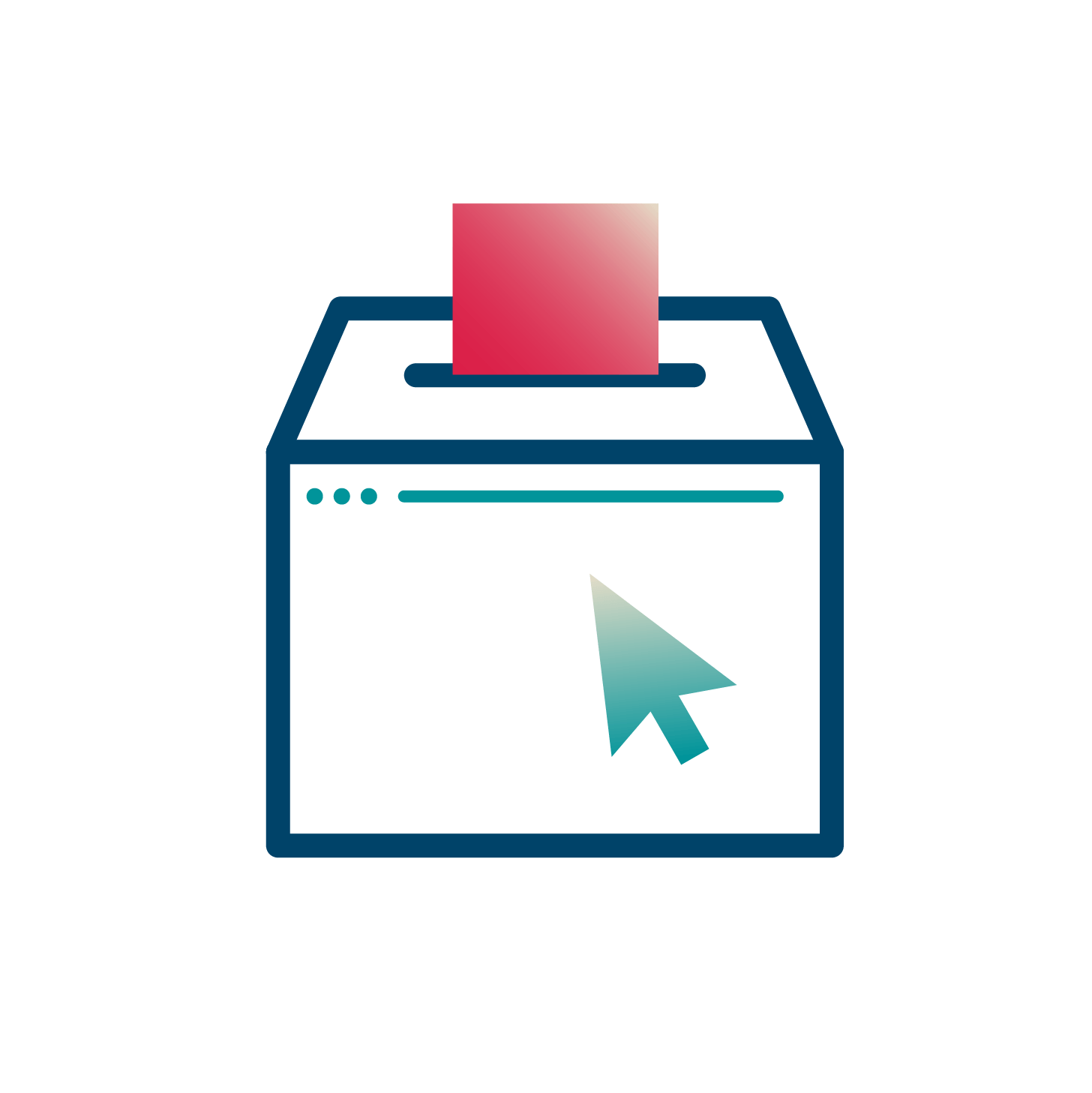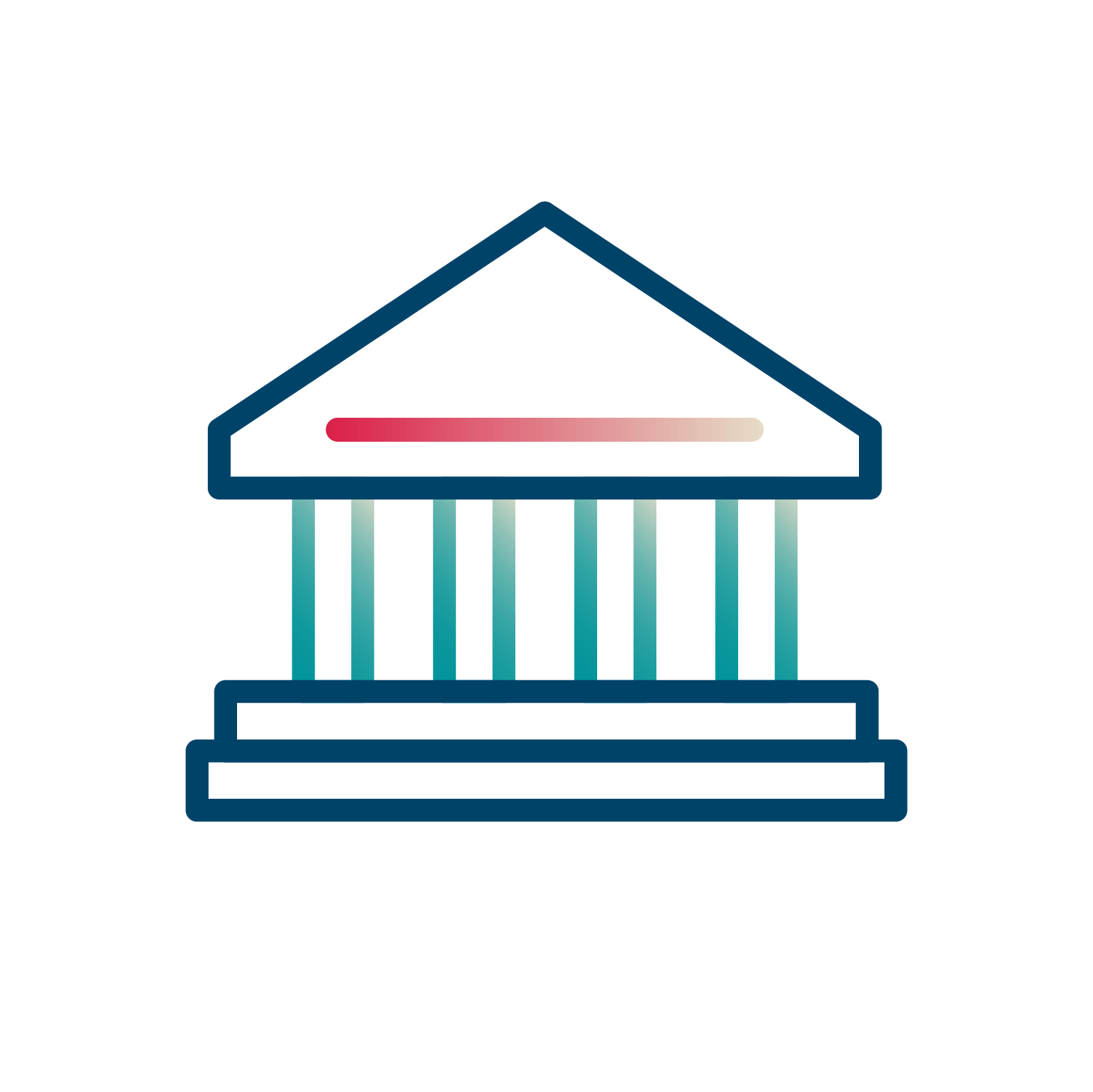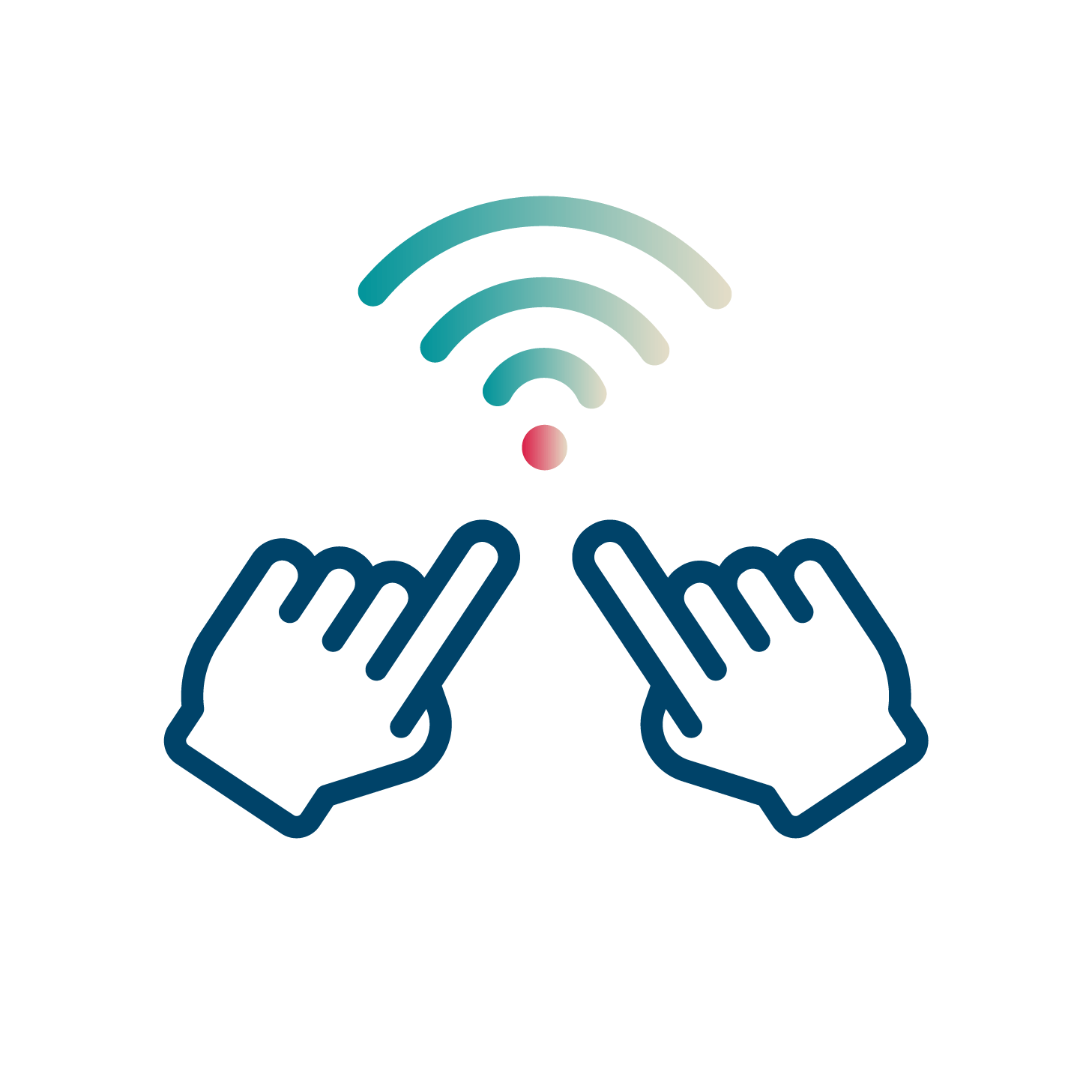So, clearly, the real challenge is no longer digital innovation, but the governance of the digital.
Prof. Luciano Floridi
Oxford Internet Institute
We need to shift from chasing to leading
Technological innovation is moving fast. Digital governance -let alone regulation- can hardly keep pace. The recent techlash further eroded trust in technology companies processing data and governments mediating digital rights. ‘We need to shift from chasing to leading’ in determining the direction, the pace and the destination of our digital society.
What is ?
Internet Governance
Internet governance is the development and application by governments, the private sector and civil society, in their respective roles, of shared prin-ciples, norms, rules, decision-making procedures, and programmes that shape the evolution and use of the Internet. (Tunis Agenda for the Information Society, World Summit on the Information Society, 2005 ).
Establishing trust and security in cyberspace is essential for our socioeconomic and cultural interrelations, as well as for a healthy democratic process. The Paris Call for Trust and Security in Cyberspace was sent in 2018 by the French President, Emmanuel Macron, during the Internet Governance Forum held at UNESCO and the Paris Peace Forum. It is based around nine common principles to secure cyberspace, among others to prevent malicious cyber activities and to Strengthen the security of digital processes, products and services, throughout their lifecycle and supply chain; Our Institute officially supports the Paris Call.
What is ?
Digital constitutionalism
A common term to connect a constellation of initiatives that have sought to articulate a set of political rights, governance norms, and limitations on the exercise of power on the Internet, and/or the notion aiming at establishing a normative ‘constitutional’ framework for the protection of fundamental rights and the balancing of powers in the digital environment.
2.6
There are over 2.6 billion monthly active users on Facebook as of March 31 2020. This is a 10% increase year-over-year.
We will closely monitor Facebook's Oversight Board
Just in case they overlook something. While our other planet will orbit around the board’s decisions under the prism of international human rights law, this one will approach it from the scope of digital constitutionalism assessing whether it meets its promise for checks and balances and provides for a pluralistic forum in the digital environment. We are curious to see how it evolves.
In case Google
manages to form one this time, we will monitor it, too.
For a democratic digital society
While the aforementioned projects in digital governance may provide for accountability in the digital environment, they do little for legitimacy through inclusion and participation of the digital society. We believe that well-informed citizens from different social backgrounds able to agree and disagree on ideas with civility is the key to our polarized democracies. We believe in the power of technology to bring people from all over the world together and facilitate their discussions. Achieving this, is a challenge we take on. We will revive, design and apply deliberative solutions to make our digital society more inclusive and democratic.
Pro bono.
Our Cycles
Our Work

Since the signing of the landmark United Nations Framework Convention on Climate Change (UNFCCC) in 1992 there have been sporadic meetings to discuss amendments and changes to the global response to Climate Change. These COPs have become rather large and important diplomatic events, bringing together heads of state from around the globe. Last year, however, several countries including two of the five largest emitters of CO2 have decided to forgo the usual private jets and closed door meetings for brief virtual meetings instead.

Digital communication has changed rapidly since the onset of the digital age but emojis have only gone from strength to strength since their inception in the late 1990s. This article will cover the impact emojis have had on language and culture. It will conclude with a comparison of hieroglyphics and emojis and what this development tells us about in culture and language in the digital age.
Join Us Aboard
To solve global challenges we need interdisciplinary and diverse research teams. We offer a safe haven for digital castaways, creative sailors and curious explorers. Do you share the same passion for neuroethics and making our digital society just and democratic?
It's really no dilemma.
Mark Arrow









